"Serbia needs 2 pct. GDP growth"
PM Mirko Cvetković told the Kopaonik Business Forum that country cannot get out of the economic crisis without a GDP growth of over 2 percent.
Wednesday, 10.03.2010.
09:18

PM Mirko Cvetkovic told the Kopaonik Business Forum that country cannot get out of the economic crisis without a GDP growth of over 2 percent. He added that the key challenges in 2010 will be to stop the increase in unemployment, revive domestic demand and achieve macroeconomic stability. "Serbia needs 2 pct. GDP growth" "If we do not achieve a growth higher than 2 percent, this year will be similar to the year of the crisis and we will have no sense of improvement," said Cvetkovic, noting that the country needs a continuous growth of 5 to 6 percent annually for it to move forward. The prime minister said that there is no reliable data that would suggest with certainty that Serbia has come out of the crisis, but that there are a number of indicators for that, like the 31 percent increase in export in the first two months of 2010, which inspires optimism. According to Cvetkovic, stimulating export oriented sectors of the economy, attracting strategic investors and improving Serbia's rating are also key to the country's economic recovery. The government goals in 2010 will be to strengthen economic activity, maintain stability of the Serbian dinar, reduce public spending, prevent an increase in poverty, continue the public sector reform, work on harmonization with European standards and fight crime and corruption. Cvetkovic pointed out that the 3.7 percent growth in industrial production in January, the said high increase in export and the 1.5 percent growth of the composite index also in January all point to positive trends since the start of 2010 and signal a growth of GDP. The negative indicators, according to Cvetkovic, are the fact that budget revenue was lower than what had been planned for the first two months of this year and the continued drop in domestic demand over the same period. Cvetkovic stressed that the government has no trouble formulating the economic policy, but that it has problems coping with conflicting interests that appear as part of that model, and he asked for assistance from companies and economic experts in dealing with those. As an example, Cvetkovic stated the government's intention to raise demand while reducing public spending, which is the prime source of demand. As another example of such conflicts, he described the necessity to improve the living standard and increase salaries while maintaining a restrictive budget. Cvetkovic announced over RSD 160bn of investments by the government and public enterprises in 2010, a RSD 4bn fiscal stimulus to support the construction and purchase of new apartments, measures to stimulate export and support in conquering new markets. Mirko Cvetkovic (Beta)
"Serbia needs 2 pct. GDP growth"
"If we do not achieve a growth higher than 2 percent, this year will be similar to the year of the crisis and we will have no sense of improvement," said Cvetković, noting that the country needs a continuous growth of 5 to 6 percent annually for it to move forward.The prime minister said that there is no reliable data that would suggest with certainty that Serbia has come out of the crisis, but that there are a number of indicators for that, like the 31 percent increase in export in the first two months of 2010, which inspires optimism.
According to Cvetković, stimulating export oriented sectors of the economy, attracting strategic investors and improving Serbia's rating are also key to the country's economic recovery.
The government goals in 2010 will be to strengthen economic activity, maintain stability of the Serbian dinar, reduce public spending, prevent an increase in poverty, continue the public sector reform, work on harmonization with European standards and fight crime and corruption.
Cvetković pointed out that the 3.7 percent growth in industrial production in January, the said high increase in export and the 1.5 percent growth of the composite index also in January all point to positive trends since the start of 2010 and signal a growth of GDP.
The negative indicators, according to Cvetković, are the fact that budget revenue was lower than what had been planned for the first two months of this year and the continued drop in domestic demand over the same period.
Cvetković stressed that the government has no trouble formulating the economic policy, but that it has problems coping with conflicting interests that appear as part of that model, and he asked for assistance from companies and economic experts in dealing with those.
As an example, Cvetković stated the government's intention to raise demand while reducing public spending, which is the prime source of demand.
As another example of such conflicts, he described the necessity to improve the living standard and increase salaries while maintaining a restrictive budget.
Cvetković announced over RSD 160bn of investments by the government and public enterprises in 2010, a RSD 4bn fiscal stimulus to support the construction and purchase of new apartments, measures to stimulate export and support in conquering new markets.





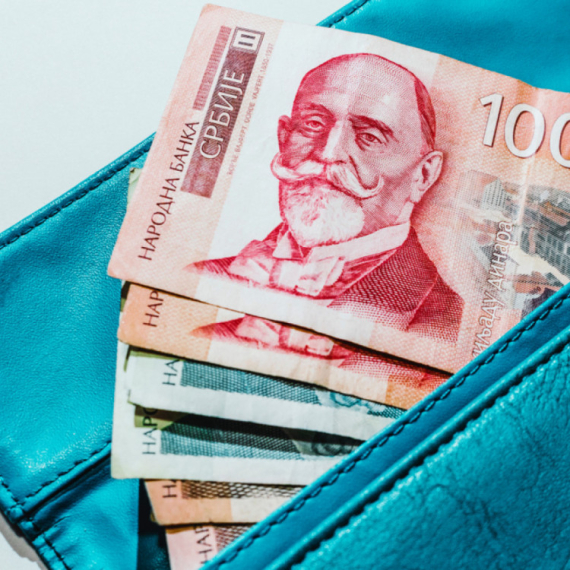




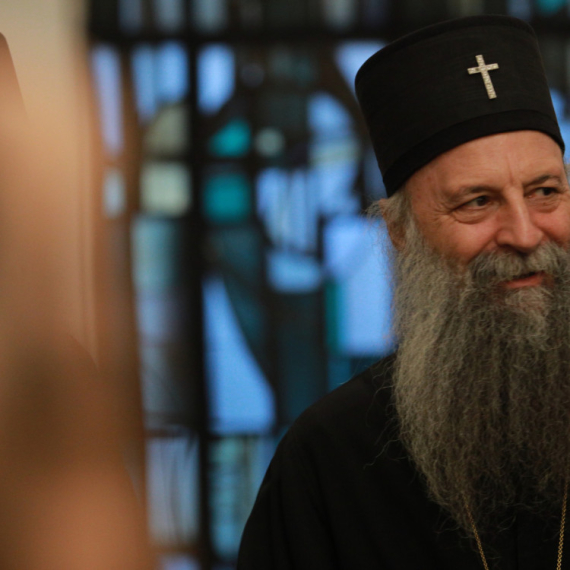




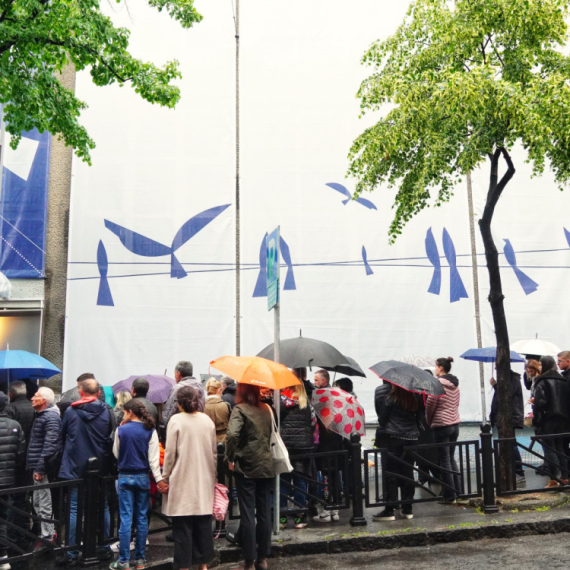

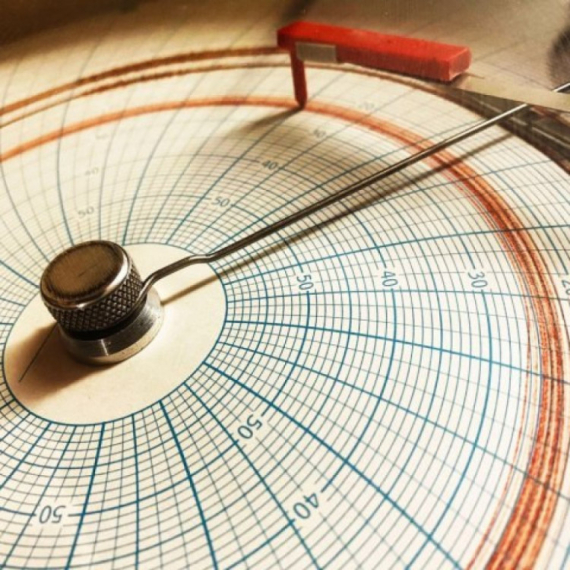
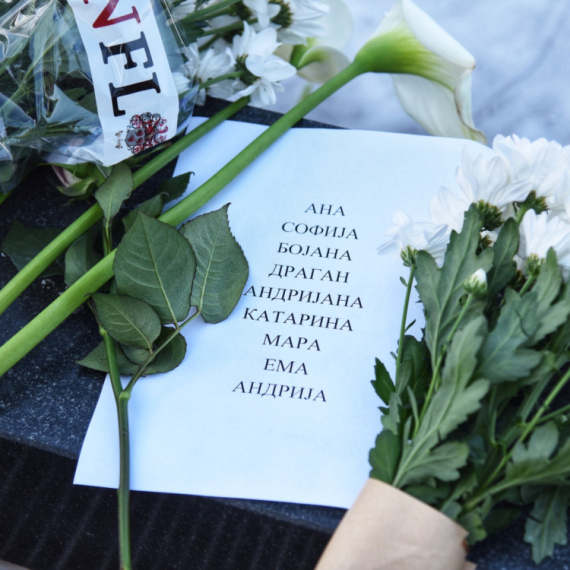

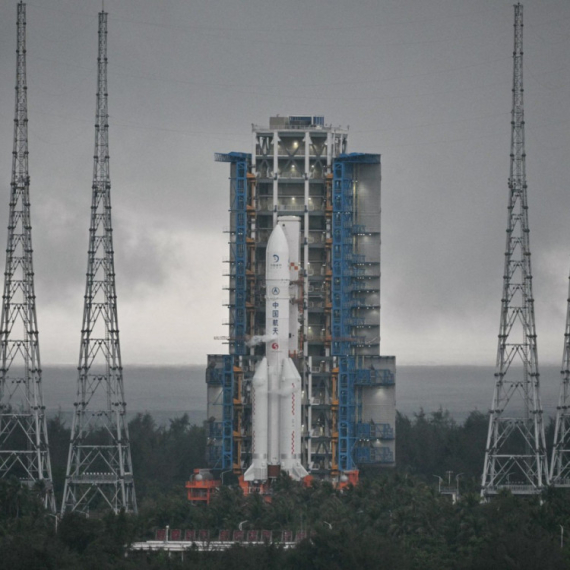









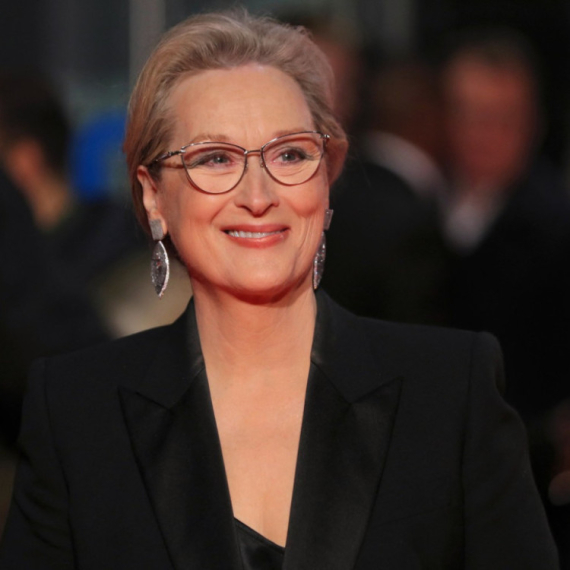

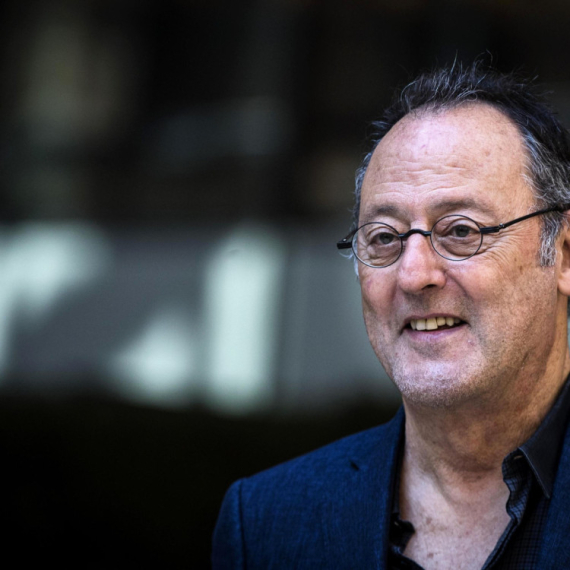




















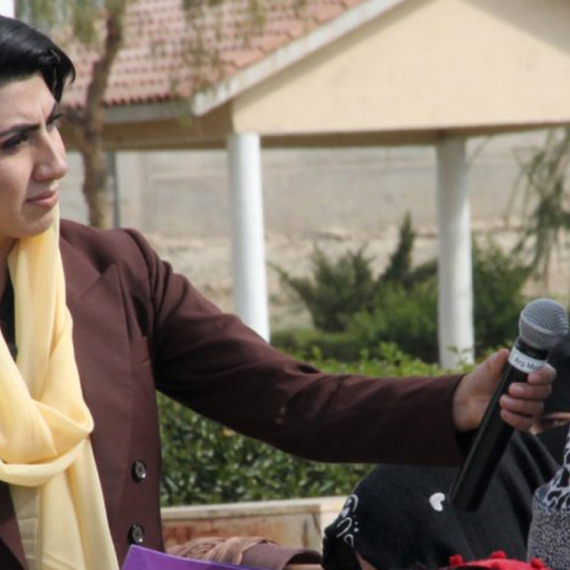
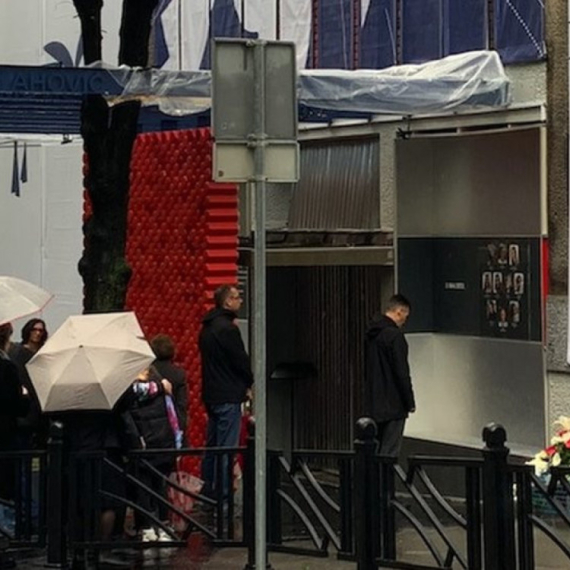
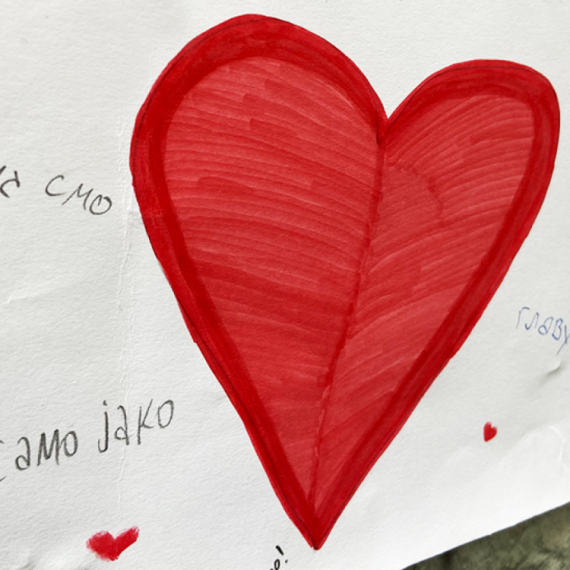



Komentari 5
Pogledaj komentare